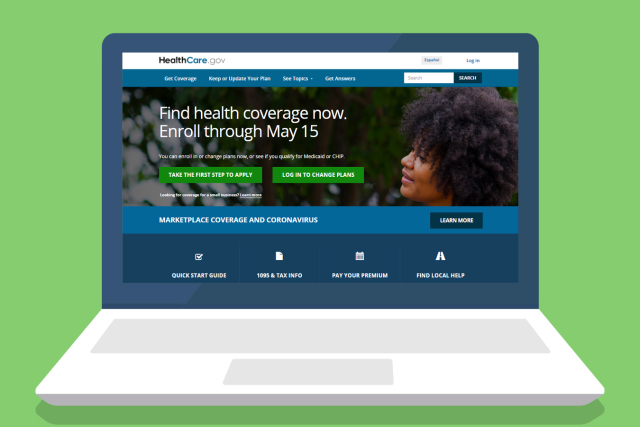The American Recovery and Reinvestment Act (ARPA) of 2021, also called the American Health Care Reform Act (AHCA), was passed by the United States Congress and President Biden on March 30, 2021. The primary purpose of the act is to promote health care reform throughout the country. In this regard, it attempts to keep the health care system in a state of efficiency by decreasing the costs of providing health care and promoting private health insurance.
One of the most popular elements of the AHRCA is the Medical Reimbursement Ratio (MRR). The MRR is a calculation that gauges the cost of health care in relation to the number of services or procedures provided. Proponents of health care reform say that increasing the percentage of health care paid for by the government will reduce the spiraling costs currently associated with health care.
When the MRR is calculated, it shows that health care costs have gone up steadily since 1978. According to this statistic, health care spending is outpacing tax income. Opponents of health care reform argue that a reduction of the percentage points used to calculate the MRR will make health care more expensive for individuals.
Another element of the AHRCA is the Prevention of Redundancy. It works to prevent health organizations from switching their primary function. For example, a hospital may acquire the space to treat only those with severe disabilities. By doing this, the services provided to these individuals would no longer be limited to people who need extreme levels of medical assistance.
Another aspect of health care reform is the Consolidated Audit Rules. This legislation requires the Health Insurance Portability and Accountability Act (HIPAA) of 1996 are enforced. Among other things, this law requires that private health insurers release personal information on individuals who apply for insurance. The Privacy and Security for Patients Information Act (PSIPA) is also another piece of legislation that requires most health insurance plans to disclose certain important personal information to patients and parents. By requiring these companies to share certain information, it puts health care providers more in line with what they should do.
When it comes down to it, the debate over the matter of how to make healthcare more affordable goes back and forth. Proponents of the measure feel that the costs associated with the U.S. health care system are too high and believe that making health insurance available is a good idea. Those against the legislation feel that the cost associated with health care will be too high and that the coverage offered by insurance companies will not cover everything. In addition to these arguments, there is also an argument over the importance of transparency in government. Proponents argue that if the government does not give the consumer information regarding the prices of health products and services, individuals will not know how much to pay for them.
Let’s Get Started Today
You may qualify for a large subsidy, that results in a $0 premium. Take action today!
“The agent that helped me find the correct plan with for my growing family is the best. I think that her goal was the fitting us in the best plan for us, not her commission”
A Recent Client
Florida Resident








